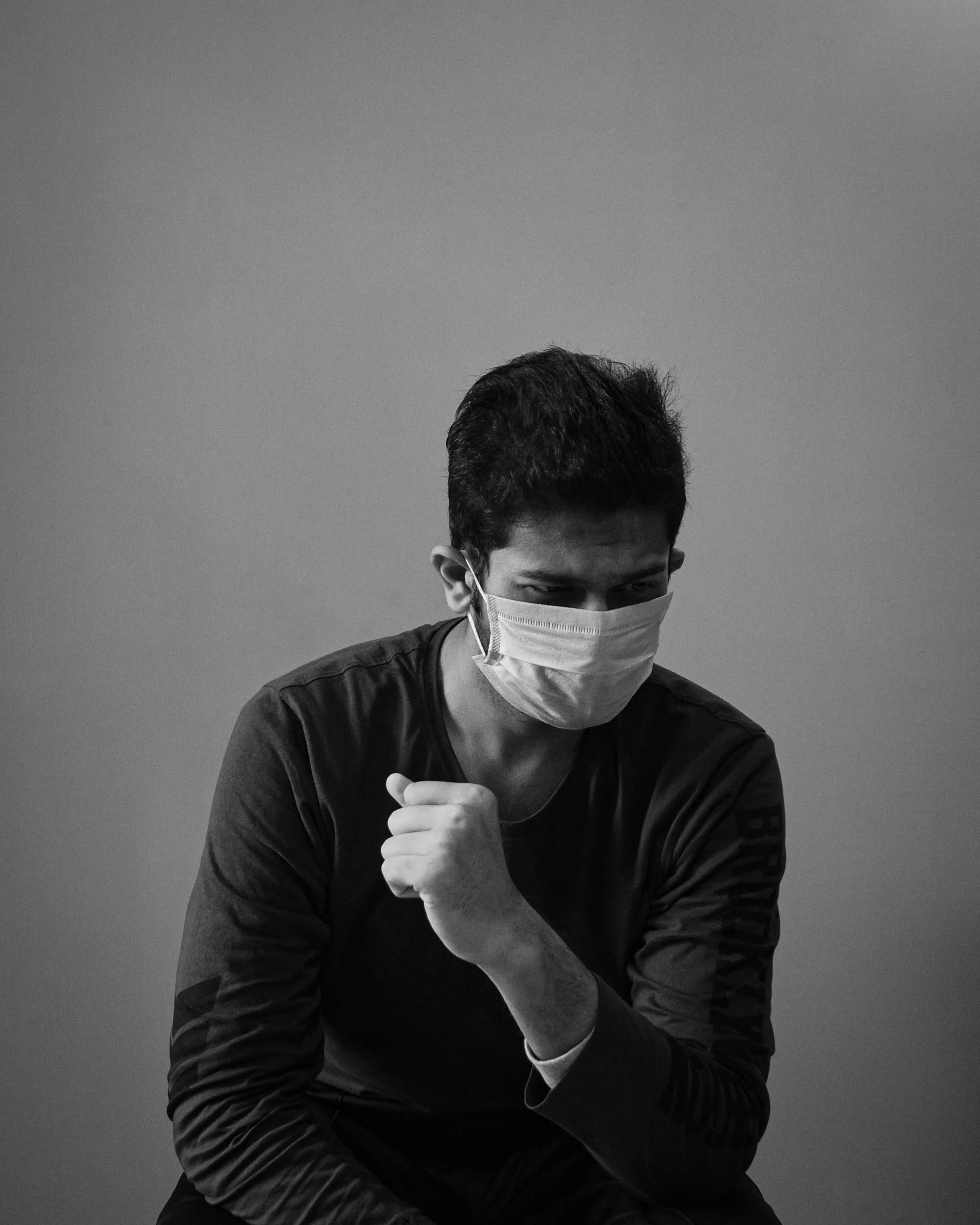Stressed Out about Leaving your "Pandemic Cocoon"?
Everyone has their own perspectives on what is/is not okay to do now that pandemic sanctions are waning.
Feelings about others' behavior may be affected by their own or their families' personal experiences with COVID-19
Offer empathy, compassion, and grace as the world and each of us re-calibrates to the return to engagement
For some people, the last year has been a wonderful gift to their introverted souls – not having to come up with excuses to avoid large get-togethers or loud parties may have been nirvana to many. Extroverts may have gotten their fill of technologically mediated communication and gatherings and be ready to leave behind Facetime and do some “in real life” gathering with friends. There are also folks of both types and in-between who may have missed sharing a couch or a meal with their friends but be feeling a bit hesitant about jumping back into the social world as we knew it thirteen or fourteen months ago.
If you’re feeling a bit anxious about having to share space with friends and strangers in restaurants, workplaces, commuter transportation, and elevators and waiting rooms, that’s normal.
Even with the vaccine now readily available, we still seem to fall into three camps:
Maskers/Vaxxers who are ready to get back into the hustle and bustle of social engagement
Maskers/Vaxxers who are still a little hesitant about re-engaging full force
Anti-Maskers/Anti-Vaxxers who don’t worry about their own health and potentially put everyone else at risk
Wherever you fall on the list, it’s important to respect others’ choices, even if you don’t agree with them, and continue to practice the behaviors that you feel are important to your own health. Here are some tips to ease your own re-entry or that of others about whom you are:
Follow your inner compass regarding tolerance and risk.
Don’t assume everyone is on the same page as you. Some folks are more or less ready to socialize or return to the office and “shared space” than you are.
If friends or your employer are unrealistic in their expectations or are asking you to ignore advised health guidelines, share your concerns in a way that they can understand what you’re feeling. Be as reasonable with them as you expect them to be with you.
Accept that some of us may prefer technology-supported get-together and connection and that’s okay.
Some of us will do better with “immersion therapy” where we just jump back into the swing of things at work and with friends and others may benefit from more of an “ease-in schedule” where we return to the social world in moderate, incremental doses.
Our lives were re-calibrated by the pandemic and the work-from-home and shelter-in-place orders and we may need to actually “re-calibrate” again as we move back into the world.
If you’re a masker/vaxxer, who is eager to hang out with your friends, be aware that not everyone is going to be as eager as you are to re-engage. Be empathetic and withhold judgement of friends who are more hesitant about things. Don’t take their reluctance to begin accepting invitations to restaurants or bars personally – it’s more about them than it is you – unless you’re not taking precautions against potentially spreading illness by avoiding masks or the vaccine.
Follow the science and don’t take unnecessary risks, but don’t be so over cautious that you miss out on the joys that safe engagement can bring.
If anxiety or fear is paralyzing, you may need to connect with a professional counselor to help you get a handle on your concerns and strengthen your coping strategies. Telemental health counseling is now a well-honed craft for counselors, so it’s a great way to connect with a counselor from the comfort of your home.
If you’re an employer, communicate to your employees the steps you are taking to ensure their health and safety in the workplace. Being proactive in accommodations and communications will build the trust of your employees. Offer grace and creative accommodations where you can.
Remember, too, the still climbing death toll that COVID is leaving in its wake and the long-haul sufferers or those who were critically ill and faced potential end-of-life issues. We don’t know everyone’s personal history with this pandemic, so offer grace not judgement when folks are coming from places or carrying attitudes that are different from your own. Public health is personal, but the only person whose actions and choices you can truly control are your own.

